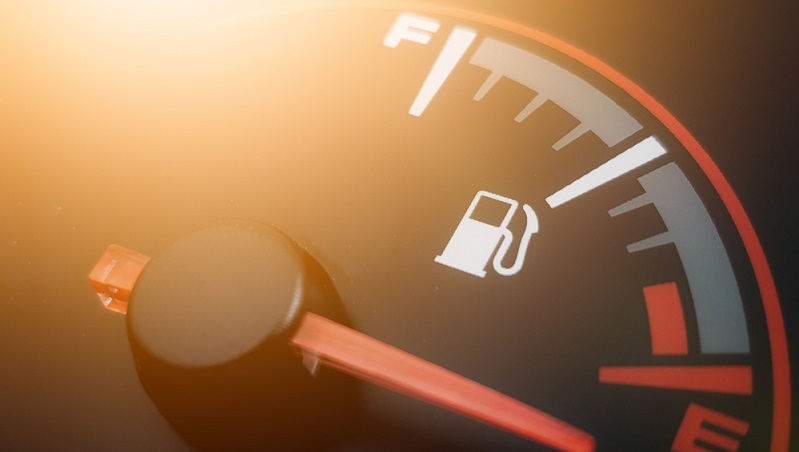In recent years, the energy industry has witnessed a significant transformation with the emergence of doorstep fuel delivery services. This innovative approach to fuel distribution is revolutionizing the way consumers and businesses access essential energy resources. Gone are the days of traditional fueling methods; doorstep fuel delivery brings convenience, efficiency, and sustainability to the forefront of the energy landscape.
Doorstep fuel delivery services offer unparalleled convenience to consumers by eliminating the need for time-consuming trips to fuel stations. With just a few taps on a mobile app or a quick online order, customers can have fuel delivered directly to their doorstep at their preferred time. This convenience is particularly beneficial for busy individuals, remote locations, and industries with high fuel consumption requirements.
Moreover, doorstep fuel delivery is not only convenient but also environmentally friendly. By optimizing delivery routes and minimizing unnecessary trips, these services reduce carbon emissions and contribute to a cleaner, greener future. Additionally, many doorstep fuel delivery providers offer alternative fuel options such as biodiesel and renewable diesel, further promoting sustainability and environmental responsibility.
From residential heating oil to commercial fleet refueling, doorstep fuel delivery services cater to a wide range of energy needs. Businesses can benefit from streamlined fuel management, reduced downtime, and improved operational efficiency. By outsourcing fuel delivery to specialized providers, companies can focus on their core operations while ensuring a reliable and consistent fuel supply.
In conclusion, doorstep fuel delivery is transforming the energy industry by offering unparalleled convenience, sustainability, and efficiency. As consumer demand for on-demand services continues to rise, we can expect doorstep fuel delivery to become increasingly prevalent, reshaping the way we fuel our vehicles, homes, and businesses.

